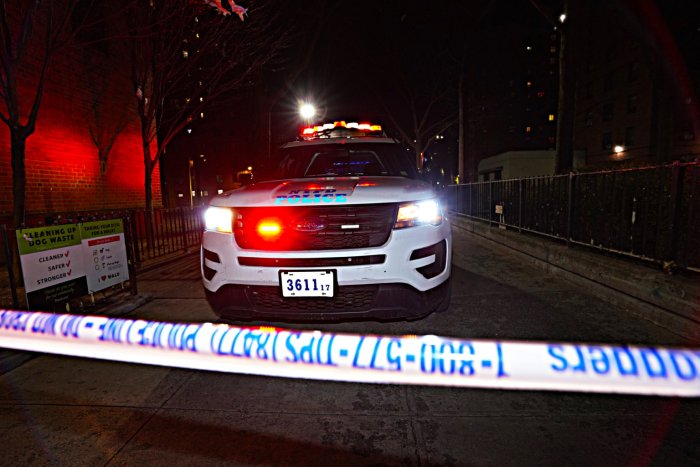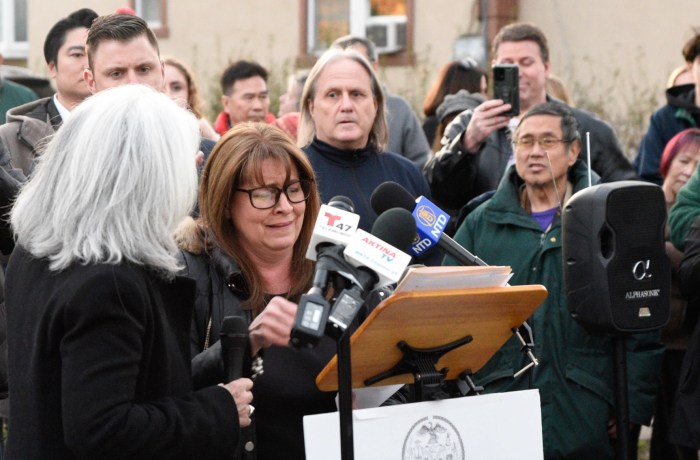by Shavana Abruzzo
As of this writing, Islam’s holiest city is crammed with close to three million believers, who have flocked to Mecca from all corners of the world to perform the obligatory, personal and spiritual journey of self-cleansing and absolution as required by all Muslims at least once in their lifetimes. The opportunity for the pilgrimage to Saudi Arabia arises each year following the holy month of Ramadan, pays tribute to the prophet Muhammed’s final sermon on Mount Arafat in 632AD and can last anywhere from five days to a month. It is called the Haj. Pilgrims – or “Hajis” – are supposed to come away with a renewed sense of self worth and a complete and absolute kinship to life, itself. Many do. Many do not. Many pretend to. Recent years have seen a dramatic increase in believers making the pilgrimage, from tens of thousands in the 1970s to millions today, as the fastest growing religion on the planet continues to recruit new followers, whose reasons run the gamut from disenchantment with what they perceive to be a corrupt world to following the latest trends of Islamic pop culture. Suddenly, Haj has become fashionable. Particularly with young, British-born Muslims of Pakistani descent, many of whose parents have yet to make the pilgrimage, themselves. In the mid-1970s, Great Britain’s Pakistani community was still in its infancy. Emigrés poured in from the colonies to establish a small but tight-knit Muslim society, separating themselves from native Britons with self-wrought values, which decried western lifestyles as dishonorable and personal liberation as unnecessarily hedonistic. One day, a family friend, who had just returned from Haj, came to visit. She was clad in the white, traditional Pakistani dress of “shalwar-kameeze,” the color denoting the wholesomeness espoused by returning Hajis. The folds of her “chuni” (an accompanying scarf because “hijabs” had not yet been invented) tightly hugged her face, concealing even the faintest hint of hair. The pilgrim came bearing “tofas” (gifts) from her pilgrimage: dates, unshelled pine nuts, a gold ring for my mother inscribed with a passage from the Koran, an ounce of holy water in a pewter bottle, some “kajal” (black eyeliner) and a small toy television for me, featuring a slide-show of such Haj hotspots as the sacred mosque of Mecca called the Ka’bah, and the city of the apostle of God known as Medina. “Be careful with the dates; make sure you wash them well,” the Haji warned my mother, who later found maggots in them and trashed them in the bin alongside the pine nuts, a few of which she had shelled only to find them rotting inside. She also chucked out the kajal after reading in a British magazine article that it was made of lead and could cause blindness. My mother put out a small stool for the Haji to rest her weary feet as she relayed her tale of a grueling journey, during which she pressed flesh with the hordes as they walked hundreds of miles in an attempt to retrace the steps of the Prophet Muhammed and perform rigorous rituals, which culminated with the casting of stones off the Jamarat Bridge to symbolically reject the “Shatan” (devil) and his temptations. The Haji’s newfound piety spoke volumes about her spiritual experience, which she punctuated with unsavory human glimpses into the unsanitary conditions in which Saudi Arabia – one of the world’s economic powerhouses – enshrined the faithful. Squat cesspits for toilets. Fetid tents with mats on the floor for the young and elderly, alike, and rife with an assortment of creepy-crawlies nobody was allowed to kill. Undisclosed, unreported and rampant rapes, robberies and plunder in the alleyways. Theft. Unchecked exploitation of a believer’s soul. Yet, wherever she went, the woman demanded and commanded respect, because she was – now and evermore – a Haji. E-mail“A Britisher’s View” at BritView@courierlife.net. All letters become the property of Courier-Life Publications and are subject to publication unless otherwise specified; please include your name, address and daytime telephone number for verification.
































